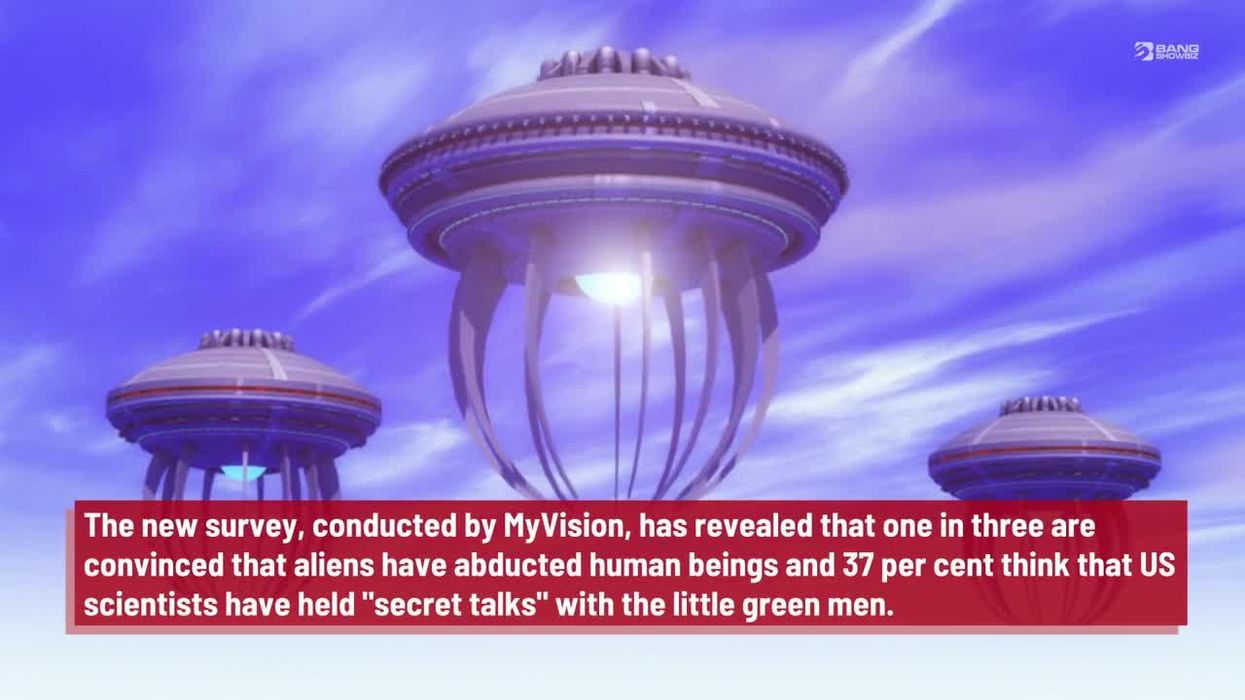Breanna Robinson
Nov 14, 2022
Humans won't be able to have conversations with aliens!
Video
If you're expecting an alien arrival, you're in for a disappointment.
Human beings may be all alone in the universe, according to NASA.
In a report published in ArXiv, the new theory from scientists at the space agency was drawn from analyzing the "Great Filter" theory.
This theory assumes that primordial alien communities may have died out before they had the opportunity to encounter humans.
Essentially, the new study acts as a warning for human civilization as well as highlighting a universe that has been considered home to many other communities.
"Evidence of life should exist in abundance in our galaxy alone, and yet in practice, we've produced no clear affirmation of anything beyond our own planet. So, where is everybody?" said the scientists in the report.
Sign up to our free Indy100 weekly newsletter
The scientists in the report also believe that "an existential disaster" could be a possibility as society continues to make advancements in space exploration, which acts as the Great Filter, which may help describe the "cosmic silence."
The Great Filter Theory could also answer the Fermi Paradox created by Italian physicist Enrico Fermi.
The Fermi Paradox, which was created from casual conversation in 1950, notes that advanced alien life should be in great abundance and detectable because there are billions of planets in the galaxy.
Additionally, the study, which hasn't been peer-reviewed yet, further suggested that humanity as we know it will have to become more self-aware to overcome threats within society like climate change, nuclear war and pandemics.
This research also provides an identifiable warning for humans while also highlighting that human collaboration can also play a key role in increasing the odds of survival against existential threats that can be faced in the future.
Read more about the research here.
Have your say in our news democracy. Click the upvote icon at the top of the page to help raise this article through the indy100 rankings.
Top 100
The Conversation (0)














